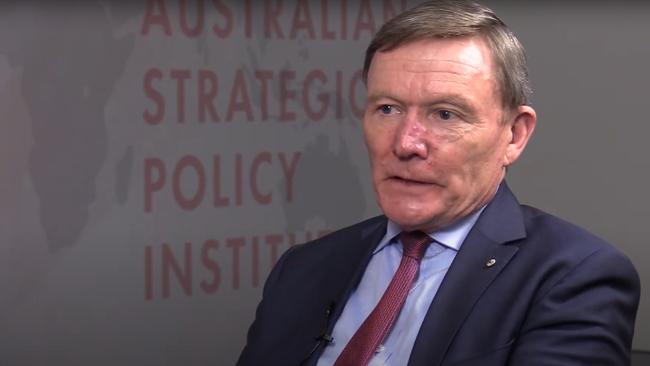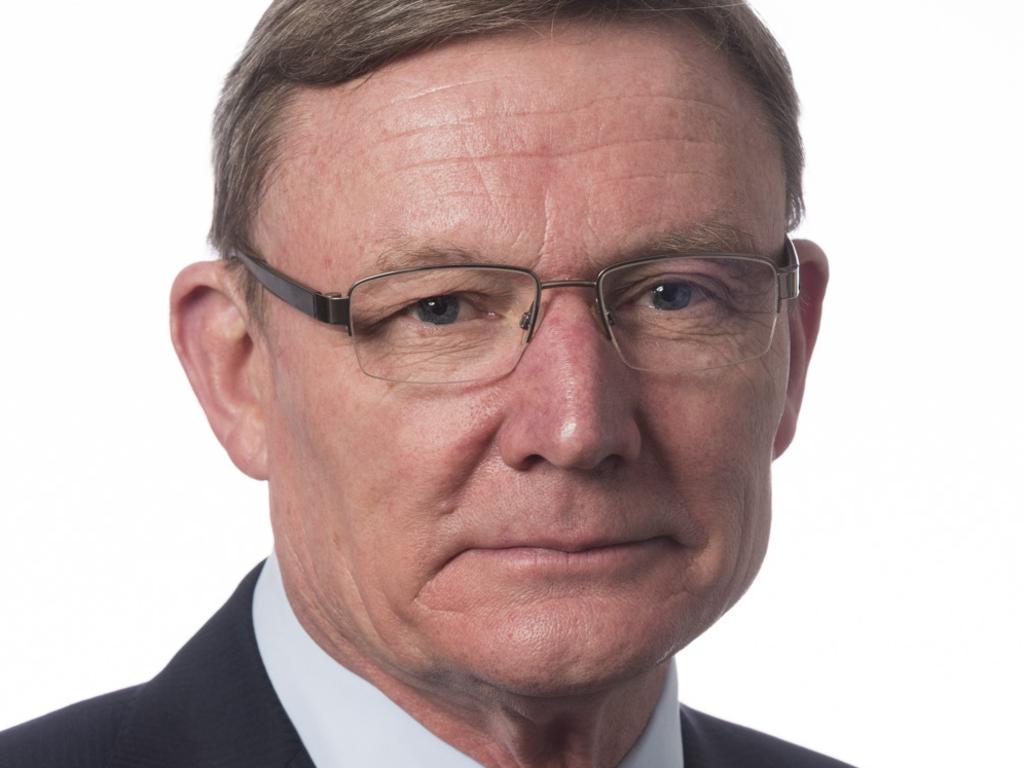What ASIS looks for in Australian ‘foreigner’ spies
A small number of foreigners have approached the ASIS offering to becomes spies for our country, but those with the most potential spies are carefully sought out.

A small number of foreigners have approached the Australian Secret Intelligence Service to offer to spy for our country, its director-general, Paul Symon, has revealed, but most potential spies are carefully sought out.
In the first video interview series with an ASIS director-general, Mr Symon also said the agency looked at a person’s intellectual and emotional capacity when recruiting locally. “I need people with a really good antenna because at the end of the day, a lot of judgments are pushed down to the individual; they have to make very fine judgments,” he told the Australian Strategic Policy Institute.
“A person who has a serious ego or is narcissistic becomes a problem for me because we, as we’ve described, enjoy our success internally. We don’t celebrate externally. So our individuals need to be balanced, IQ (intelligent quotient) and EQ (emotional intelligence quotient) … there is no such thing as a typical officer. The moment we look typical is the moment I’ve failed in ensuring the diversity of our people.”
Mr Symon said in some instances, foreigners had “walked in” to ASIS to offer their spying services. “History is replete with spies both good and bad who have literally been a walk-in and wanted to have that relationship. Obviously we have procedures and very careful gates that we step through in that type of instance, but that’s a possibility,” he said.
For most foreign recruits, ASIS mines a lot of data looking at people’s profiles to figure out who would best assist them with intelligence questions.
ASIS officers must have good memories to accurately record lengthy conversations in writing and be able to follow strict rules and processes.
“W e would never ask an agent to do something that is improper or illegal in the sense of undertaking violent activities or anything like that. We are acquiring intelligence,” Mr Symon said.
“We do have mechanisms though, and it’s certainly borne out more in the counter-terrorism space where we’ve sought to penetrate terrorist groups, or recruit individuals who are part of terrorist organisations. It is true that we have in the last ten years or so strengthened ethics …. We have a number of avenues that if an officer at any point in time … wants to opt out, they can.”
Mr Symon said when an Australian was kidnapped by terrorists overseas, ASIS had to first gain permission from the federal government to collect intelligence against that person – “for their own safety and security” – and then reach out to counterpart organisations in the country where the incident occurred.
“We would be very much guided by DFAT but we would also be aiming to inform DFAT to know and understand what’s going on,” he said.








To join the conversation, please log in. Don't have an account? Register
Join the conversation, you are commenting as Logout